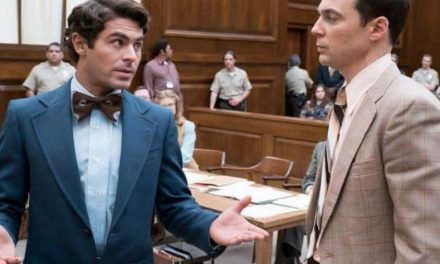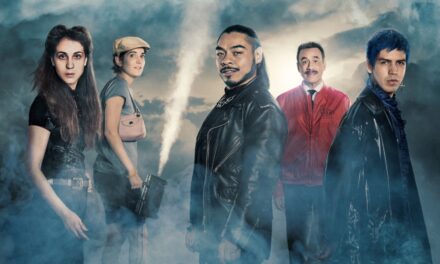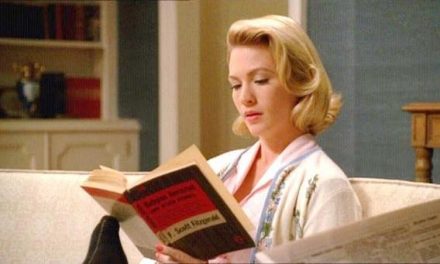Both disability studies and comic studies are a continually growing field for academic departments across the globe. Scholars have noticed the increasing presence of their intellectual approaches in political and philosophical theorizing both inside and outside of the academy. In fact, the growing popularity of superheroes confronting disability has led to a litany of scattered publications and essays about supercrips and other discriminatory representations that associate disability with villainy. However, there has yet to be a collection that focuses exclusively on unmasking ableism and ability privilege inherent in popular superhero representations. This collection targets mainstream consumers who are interested in disability studies and enjoy watching superhero movies and reading comics. By helping readers understand the intersection of media representation and real-world connections to disability, this collection proves that media is never neutral and that not all superheroes fight on the side of good, even if that is their goal.
Ultimately, this collection explores representations of disability in the media using critical disability studies, media studies, cultural studies, and other interdisciplinary fields. Activists, academics, artists, and allies are invited to submit a 250-300 word abstract for the collection along with a 100-word bio by July 27th, 2018 to mediaanddisability@gmail.com. We are particularly interested in chapters that are interdisciplinary in scope and have an interest in liberation and anti-oppressive politics, as well as ones that are focused on alternatives instead of open-ended critiques.
We are interested in essays that explore disability from the ever-shifting and changing definitions of biological impairment, espoused by the medical model, to that of disability as a cultural phenomenon. This anthology will attempt to highlight the social and political factors that give rise to medicalization and the subsequent demonization of disability. We are interested in narratives that disrupt and challenge predominant negative assumptions about disability from an intersectional perspective. New frameworks, interpretations, and analysis that empower people with disabilities are particularly important. As such, we are open to a wide interpretation of what counts as a superhero within the media. We’d like contributors to explore new perspectives on disability that may include an analysis of both people with disabilities as producers, consumers, and product of media related to superheroes. We invite the exploration of disability identity, culture, and intersections with other disciplines such as critical race theory, gender studies, and the other viewpoints.
Our goal for this text is to increase awareness of disability in the media, and highlight disability perspectives that are sometimes misappropriated, misused, or missing altogether. The goal is to offer solutions to how these representations, and our relationship to them, can be changed. Topics of interest may include, but are not limited to the following categories, all of which are contextualized within media:
- Disability in relation to comic studies in general
- Superheroes in activism and community organizing around disability
- Casting choices for superheroes with disabilities
- Disability and animality in relation to superheroes
- Disability and bioethics in relation to cyborg superheroes
- Disability in children specific superhero programming
- The use of superheroes and disability in advertising
- Analysis of overcoming narratives as heroic
- Disability and classism in relation to superheroes
- Disability, culture, and identity in relation to superheroes
- Disability as metaphor in relation to superheroes
- Disability and music in relation to superheroes
- Disability and race in relation to superheroes
- Disability and sexuality in relation to superheroes
- Disability and science-fiction or fantasy in relation to superheroes
- Supercrip in relation to superheroes
- Disability as villainy in superhero representations
- Ecology and disability in relation to superheroes
- Specific interpretations of individual superheroes in film, television, or comics
- Invisible disabilities in relation to superheroes
- Medical and social models of disability in relation to superheroes
- Queering disability in relation to superheroes
- Instructional pieces geared to how to guide conversations on disability and superheroes
All abstracts must be written in English (250-300 words) and contain title, name(s) of the author(s) and contact information (institutional affiliation, mailing address, and email address), as well as a short 100-word biography. The deadline for submissions is July 27st, 2018. We will inform people no later than August 11th, 2018 of their acceptance. Please submit your proposal to mediaanddisability@gmail.com.
Feel free to contact us if you should have any questions or ideas for a chapter.





